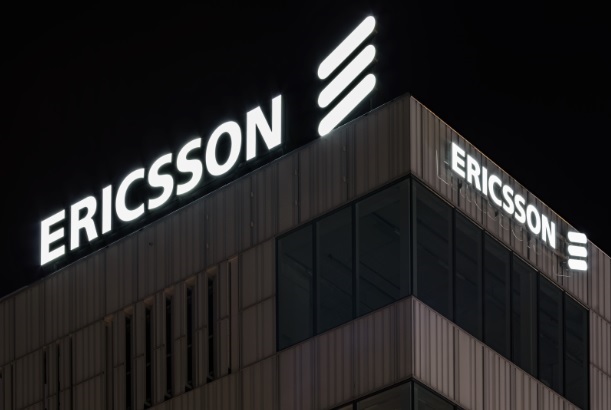Ericsson is dominating 5G network trials, new figures from networking testing firm Viavi have shown, with 72 operators testing the next generation technology.
Fresh research by the company has shown that there are three times as many operators trialling 5G compared to a year ago, with a rapid acceleration during the past six months. The vendor added that a further 28 operators have announced plans for 5G trials in the coming months.
Ericsson has topped the charts for vendor involvement, taking part in 30 percent of trials. Huawei was second with 22 percent, followed by Nokia at 21 percent and ZTE at seven percent.
Europe has the greatest number of operators, 23, conducting lab trials and ties with Asia for field trials, with nine projects underway in each continent.
Today alone (21 February) saw Vodafone announcing it had made the first 5G call and Swisscom outlining plans to explore network slicing for critical communications.
The report also found that the 28GHz band was the most commonly used, across 21 operator trials and involving Orange, TIM and Vodafone Group among others, followed by 3.5GHz, which is being used across nine operator trials.
Elsewhere the report found 35GBps and 10GBps were the most common speeds, with six operators each hitting those download speeds. Etisalat, Proximus, Telenor and Zain have achieved speeds in excess of 70GBps.
Stéphane Téral, Executive Director of Research and Analysis, Mobile Infrastructure and Carrier Economics, IHS Markit, said: “Expectations for 5G are sky-high, offering mobile operators new opportunities for revenue.
“Yet the path to full 5G adoption is complicated and still evolving. Operators and infrastructure vendors across the globe are moving at varying speeds when it comes to testing and deployment — they need to act now to address technology challenges.”
Sameh Yamany, Chief Technology Officer, VIAVI Solutions, said: “Network service providers have been grappling with the evolution to 5G for some time, including how to address technology challenges such as fixed mobile convergence, hybrid cloud, network slicing and increasing virtualisation.
“Virtual test, automation, self-optimisation and analytics will be essential to dealing with the growing complexity and scale of 5G networks, while managing demand for high data rates, very low latency applications and large-scale IoT services.”



